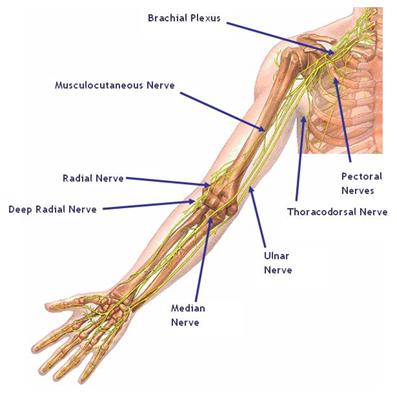
Carpal Tunnel and Migraines – both a pain in the neck?
I’ve spoken about both of these conditions before and the difficulty in getting a good resolution to both, but there is a common cause to both conditions, one which is often ignored.
New research published by the American Society of Plastic Surgeons shows that “patients with carpal tunnel syndrome are more than twice as likely to have migraine headaches”.
The study then poses the question: “Could Migraine indicate a higher future risk of Carpal Tunnel Syndrome or vice versa?”
The simple answer? Yes but not for the reason you think.
Carpal Tunnel
This is when one of the NERVEs in your wrist gets compressed by the structure (the carpal tunnel) that it runs through. Symptoms include:
- Tingling and/or numbness in the hand
- Weakness in the hand
These symptoms are common symptoms of nerve issues, but the key point to remember is that these symptoms can be caused by a problem ANYWHERE along the nerve. And every nerve starts in the neck.
It is quite difficult to compromise the carpal tunnel but it is very easy to compromise the neck. If you are getting carpal tunnel syndrome symptoms in both wrists, it is even more likely to originate in the neck.
So you can have the best surgeon in the world, be receiving the best carpal tunnel treatment and make absolutely no progress. Because you are ignoring the root of the problem.
Migraines
Recent research demonstrates that migraines are a NERVE issue (with a dollop of brain chemistry). Not a blood supply issue or a food issue but a neural compression (just like carpal tunnel syndrome!)
The three nerves involved in migraines are the trigeminal, occipital and brainstem. And all three run through . . . . the neck.
By treating the neck and removing the pressure on the nerves you reduce the pain, severity and frequency of migraines.
A simple connection
So if you have 2 issues, both rooted in nerve issues from the neck is it any surprise that patients commonly have both?

Leave a Reply